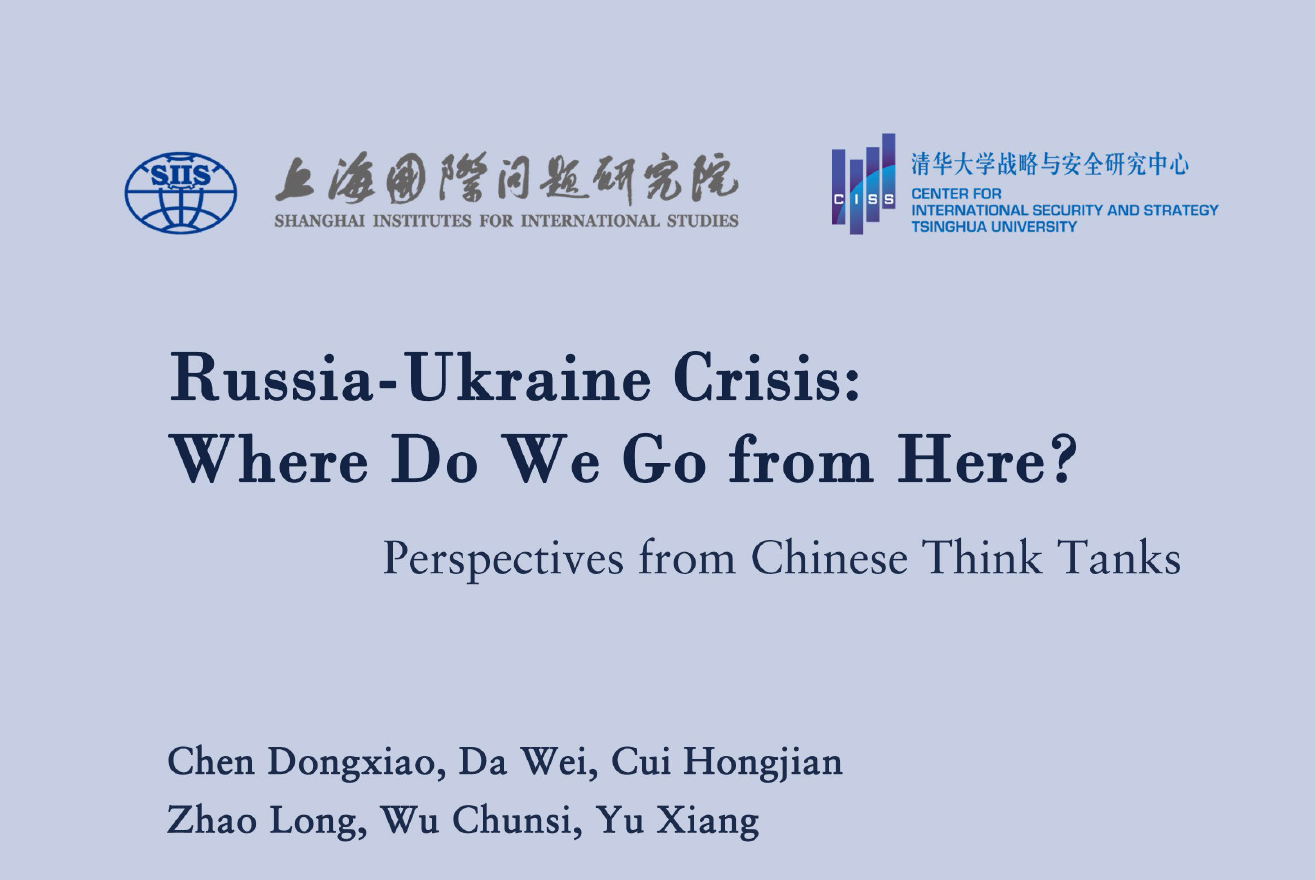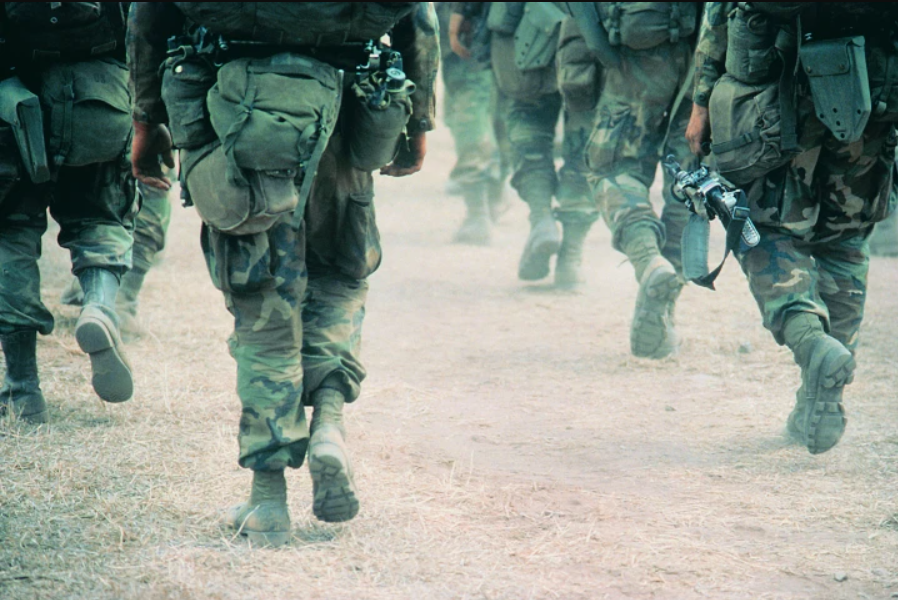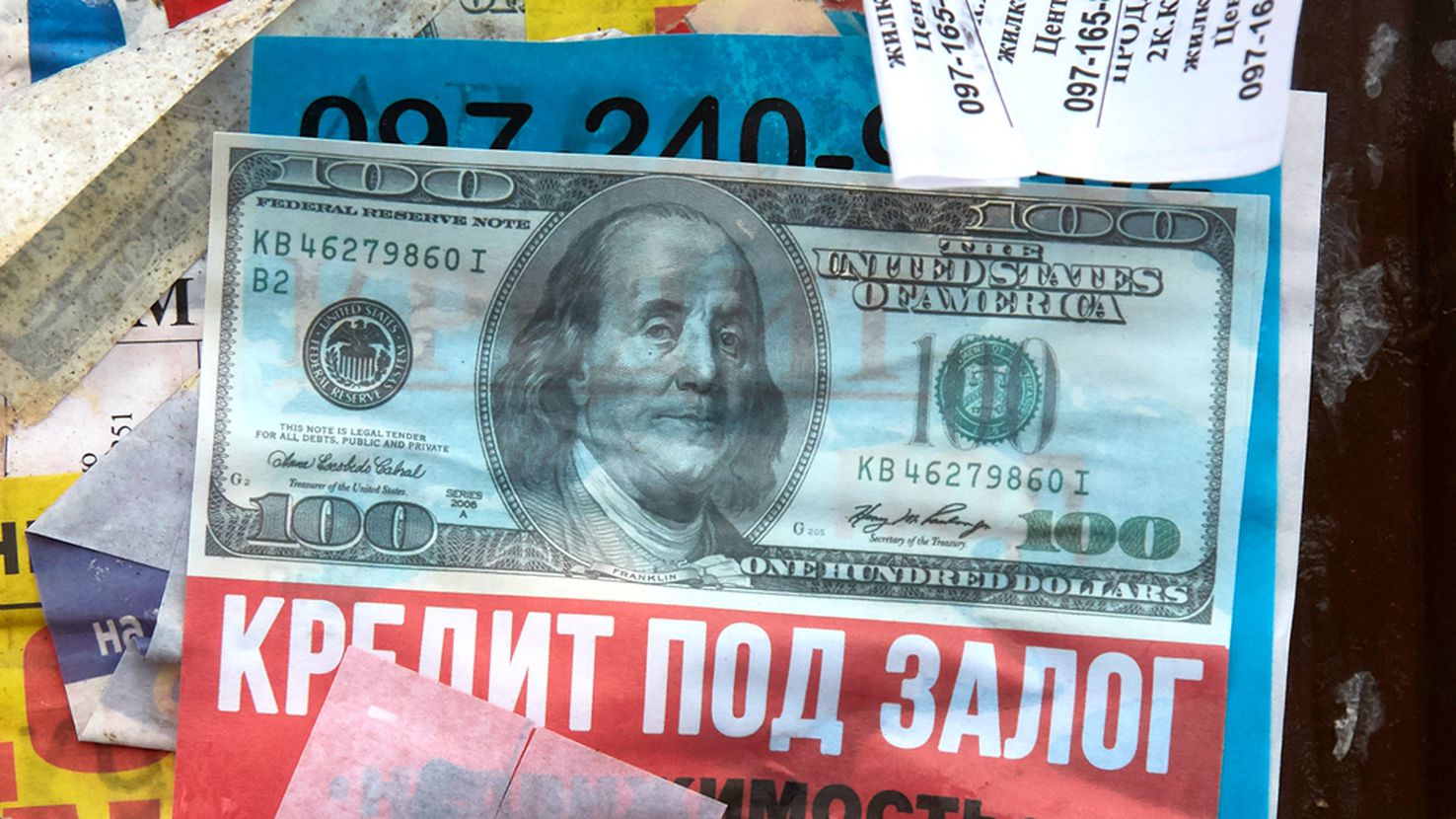Wu Zhenglong, Senior Research Fellow, China Foundation for International Studies
Jul 25, 2022
A peaceful resolution may be achieved in Ukraine but only under certain conditions - ones which don’t appear to be materializing any time soon.
Joseph S. Nye, Professor, Harvard University
Jun 17, 2022
When Russian President Vladimir Putin ordered his invasion of Ukraine on February 24, he envisaged a quick seizure of Kyiv and a change of government analogous to Soviet interventions in Budapest in 1956 and Prague in 1968. But it wasn’t to be. The war is still raging, and no one knows when or how it will end.
Wu Chunsi, Senior Fellow and Director, Institute for International Strategic Studies at SIIS
Jun 16, 2022
The raging Russia-Ukraine conflict is a stark reminder of the urgency of effective management of weapons of mass destruction. The international community must come together to restart the long-stalled international negotiations over arms control and nuclear disarmament by fully utilizing the existing mechanisms and platforms and generating greater consensus and impetus among all stakeholders. A staunch supporter of the international arms control and nuclear disarmament regime, China adheres to its longstanding nuclear policy of maximum restraint and remains committed to the pursuit of a new path leading to a world of enduring peace and stability.

Da Wei, Director of Center for International Strategy and Security; Professor at Tsinghua University
Jun 16, 2022
Up till now, the fighting has been going on for over 100 days, with the two warring sides still in an offensive and defensive stalemate. Questions about this ongoing crisis can be listed in a long line, most of which no one can answer at this time. Yet among all the uncertainties, one thing is certain: what the Russian troops crossed on February 24 was not simply the land border between Russia and Ukraine, but rather more symbolically, the River Rubicon of the post-cold war international order.
Earl Carr, Founder and Chief Executive Officer at CJPA Global Advisors
James Hinote, Geopolitical Strategist
May 26, 2022
Geopolitical risk, sanctions, and covid in China are redefining how we think about the future of global supply chains. Nations must start considering how to better secure their supply chains through regional trade partnerships, reshoring essential manufacturing capabilities, and sourcing goods from multiple nations and regions.
Wu Zurong, Research Fellow, China Foundation for Int'l Studies
May 12, 2022
Differences over the rules for world affairs will not be resolved easily and won’t be resolved in favor the U.S. Countries are interdependent, and a divided world serves no one’s best interests.

An Gang, Adjunct Fellow, Center for International Security and Strategy, Tsinghua University
May 11, 2022
The Ukraine crisis has demolished many boundaries. It was out of control from the beginning, since Russia, Ukraine and the U.S. are all unwilling or unable to compromise. Time will tell, though it may not indicate which side to take.

Yu Yongding, Former President, China Society of World Economics
May 10, 2022
In The Economic Weapon: The Rise of Sanctions as a Tool of Modern War, historian Nicholas Mulder reminds us that even when Britain and Russia were savagely battling each other during the 1853-56 Crimean War, they continued to service their debts to each other. Likewise, when hedge funds launched predatory attacks on Asian currencies during the 1990s Asian financial crisis, they ultimately still played by the rules (even though their unethical behavior brought some East Asian countries’ economic progress to a halt).
Sun Chenghao, Fellow, Center for International Security and Strategy of Tsinghua University; Munich Young Leader 2025
May 06, 2022
Economic globalization — with more participants — is in Europe’s interest. Following the lead of the United States and kicking Russia and its allies out of the international system will only cause global fragmentation.
Zhou Xiaoming, Former Deputy Permanent Representative of China’s Mission to the UN Office in Geneva
May 04, 2022
U.S. President Joe Biden often talks about leading the world. But if sanctions are what he meant, and if abusing the national security exception against WTO members is the means, the global economic system would be better off without America.
Back to Top

- China-US Focus builds trust and understanding between the U.S. and China through open dialogue among thought leaders.
- Our Offerings
- Topics
- Videos
- Podcasts
- Columnists
- Research Reports
- Focus Digest
- Stay Connected
-
Thanks for signing up!
- Get the latest stories from China-US Focus weekly.